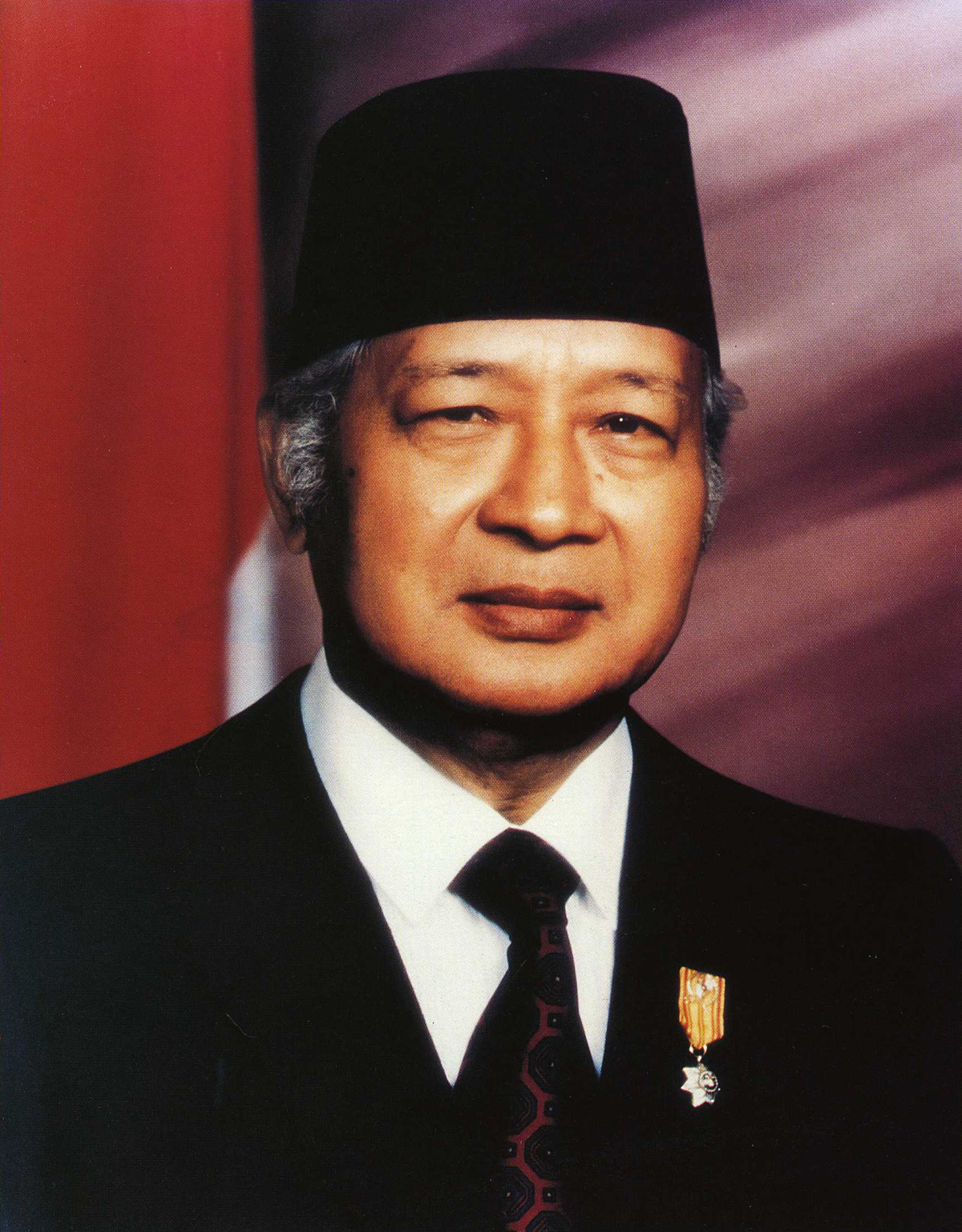The second president of the United States was John Adams, a key figure in the American Revolution and a founding father of the nation. His presidency spanned from 1797 to 1801, a time marked by significant political and social changes. Adams was instrumental in shaping the early years of the United States, navigating through the challenges that arose after gaining independence from Britain.
In this article, we will explore John Adams's life, his contributions to the formation of the United States, and the impact of his presidency. We will delve into his early life, political career, key policies during his presidency, and his legacy that continues to influence American politics today.
Understanding who John Adams was not only sheds light on the early years of American governance but also highlights the principles and values that shaped the nation. Join us as we journey through the life of the second president of the United States and discover the man behind the office.
Table of Contents
- Biography of John Adams
- Early Life and Education
- Political Career
- Presidency of John Adams
- Foreign Policy Initiatives
- Domestic Policy and Challenges
- Legacy of John Adams
- Conclusion
Biography of John Adams
| Name | John Adams |
|---|---|
| Born | October 30, 1735 |
| Died | July 4, 1826 |
| Political Party | Federalist |
| Presidency | 1797-1801 |
| Predecessor | George Washington |
| Successor | Thomas Jefferson |
Early Life and Education
John Adams was born in Braintree, Massachusetts, to a family of farmers. He attended Harvard College, where he graduated in 1755. His early education laid the foundation for his future political career, as he became increasingly interested in the ideas of liberty and governance.
Adams began his career as a lawyer, gaining recognition for his defense of the British soldiers involved in the Boston Massacre. This act of integrity showcased his commitment to justice, even in the face of public outcry. His legal practice and writings during this time helped to shape his political philosophy, which emphasized the importance of a balanced government and the rule of law.
Political Career
Adams's political career began in earnest when he was elected to the Continental Congress in 1774. He played a crucial role in advocating for independence from Britain, and his persuasive arguments helped to sway public opinion in favor of the revolutionary cause.
Throughout his career, Adams held various positions, including serving as a diplomat in Europe, where he negotiated crucial treaties that would benefit the fledgling nation. His experience abroad provided him with valuable insights into international relations, which would later influence his presidency.
Presidency of John Adams
John Adams became the second president of the United States in 1797, succeeding George Washington. His presidency was characterized by a focus on maintaining peace and stability in a nation that was still finding its footing. Adams faced significant challenges, including tensions with France that threatened to escalate into war.
Key Policies and Decisions
- Adams prioritized diplomacy over military action, believing that war would be detrimental to the young nation.
- He signed the Alien and Sedition Acts, which aimed to protect the nation from perceived threats but were controversial for their impact on civil liberties.
- Adams's administration focused on strengthening the navy and military readiness while avoiding direct conflict.
Foreign Policy Initiatives
One of the most significant challenges during Adams's presidency was managing foreign relations, particularly with France. The XYZ Affair, a diplomatic incident that involved French officials demanding bribes from American diplomats, heightened tensions between the two nations.
Adams's decision to pursue peaceful negotiations rather than engage in war with France ultimately earned him respect, although it was not well received by all factions within his own party. His approach demonstrated his commitment to preserving American sovereignty and avoiding unnecessary conflict.
Domestic Policy and Challenges
Domestically, Adams faced criticism for the Alien and Sedition Acts, which were seen as an infringement on First Amendment rights. These laws made it more difficult for immigrants to become citizens and penalized those who criticized the government.
Despite the controversy, Adams believed that the measures were necessary for national security. This decision would later impact his political standing and contribute to his defeat in the 1800 election.
Legacy of John Adams
John Adams's legacy is multifaceted, reflecting both his accomplishments and the challenges he faced. His commitment to the rule of law, civil liberties, and diplomacy shaped the early years of American governance. Despite his controversial policies, he is remembered as a principled leader who prioritized the nation's interests above party politics.
Adams's contributions to the founding of the United States and his dedication to public service continue to be recognized today. His correspondence with Thomas Jefferson, which spanned decades, provides valuable insights into the political landscape of the time and the evolution of American democracy.
Conclusion
In conclusion, John Adams was not only the second president of the United States but also a pivotal figure in the country's early history. His life and presidency exemplify the complexities of governance in a new nation grappling with its identity and responsibilities. As we reflect on his contributions, it is clear that Adams's influence extends far beyond his time in office.
We encourage readers to share their thoughts on John Adams and his impact on American history. Feel free to leave comments and explore more articles to deepen your understanding of the founding fathers and their legacies.
Thank you for reading, and we hope to see you back here for more insightful content!


:max_bytes(150000):strip_icc()/GettyImages-3246312-57957ab35f9b58173b266088.jpg)
